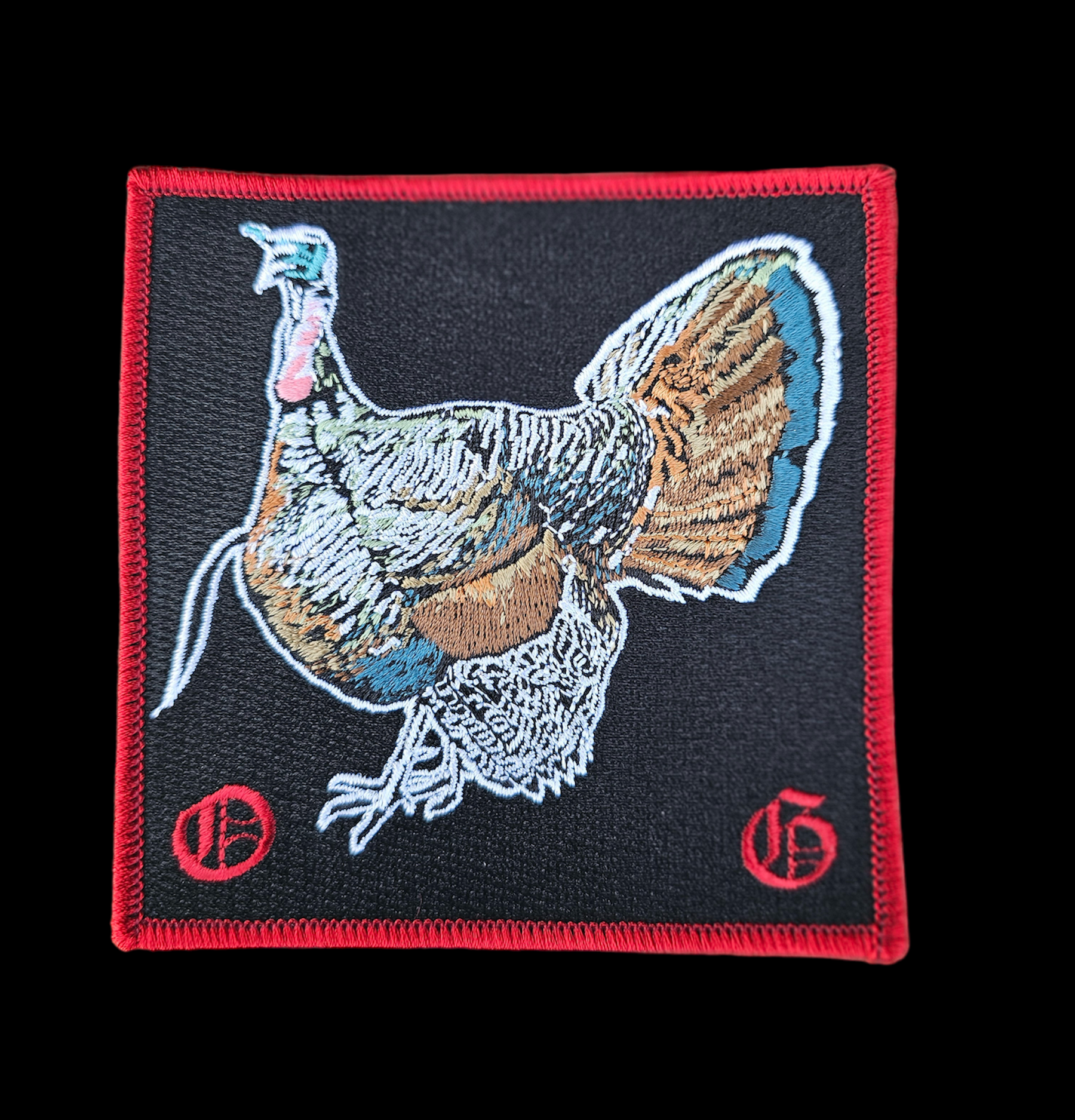       |
Turkey hunting forum for turkey hunting tipsThe world needs to eat less meat to save the planet
Beginners Question on Friction CallsStarted by buckfever1613, March 06, 2012, 10:52:33 AM Previous topic - Next topic
User actions
|
       |
Turkey hunting forum for turkey hunting tipsThe world needs to eat less meat to save the planet
Beginners Question on Friction CallsStarted by buckfever1613, March 06, 2012, 10:52:33 AM Previous topic - Next topic
User actions
|